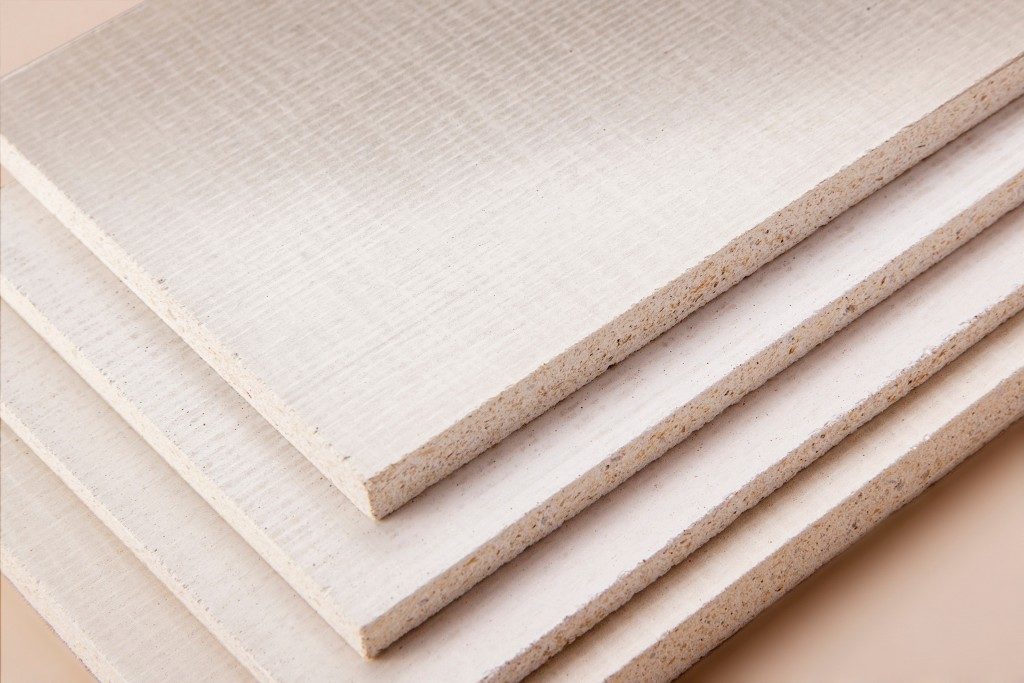It’s summer once again, and for those who lived in Tennessee long enough, it means one thing: allergies.
The Asthma and Allergy Foundation of America consistently ranks cities like Nashville as allergy capitals in the country. There’s always something every season to tickle the nostrils and, worse, cause respiratory infections. In the summer, the trigger is usually grass pollen.
How can your household reduce asthma or allergy attacks? Here are three ideas:
1. Get Those HVAC Systems Cleaned
During allergy season, you need to keep your indoor air quality as high as possible. To do that, get your heating, ventilation, and air-conditioning (HVAC) systems cleaned stat.
These appliances can accumulate dirt, debris, and even harmful microorganisms over time. The problem is, they don’t stay where they are. Because of the ducts, they can spread throughout the rooms.
Cleaning them can also make the system more energy efficient. You can now save more money from your electric bills. Most of all, you can reduce the risks of other pathogenic diseases, such as colds and flu.
You can schedule an air duct cleaning service today. Some of them can also provide other useful services like UV air purification that could kill harmful bacteria and viruses thriving indoors.

2. Control Humidity
Humidity refers to the amount of water vapor in the air. It happens when moisture cannot rise and ends up suspended in the environment. Humidity explains why it can rain profusely, and you still feel icky, sweaty, and uncomfortable.
Humidity levels change depending on the season since they are sensitive to temperatures. During winters, colder air retains the least moisture. However, it can also make you feel dry. Some bacteria also thrive when humidity levels are low.
In summers, warmer air holds the most moisture. Unfortunately, it helps create the right environment for allergens like dust mites, mold, and mildew to reproduce.
If your home has infestations of these, you have to call exterminators and mold specialists fast. However, they can still return if you don’t learn how to control humidity.
On average, humidity levels should be between 30% and 50% regardless of the season. In the winter, you should keep it at around 40% and no more than 60% in the summer.
To monitor your humidity levels, use a hygrometer. You also need to invest in a thermostat. While it doesn’t measure humidity, it can regulate cooling and heating temperatures depending on the temperature of the environment. Thermostats can also help you save money by as much as 10% annually.
3. Minimize Exposure to Other Allergens
Indoor air can be worse than outdoor pollution because contaminants can persist and stay inside the space. The good news is you can learn to minimize them with these tips:
- Consider using vacuum cleaners with HEPA filters. Another option is a steam cleaner, which uses steam to gently lift stains from surfaces.
- Clean your pets before they enter the house. They can bring pollen and weed through their paws.
- Avoid smoke.
- Let somebody else take care of lawn maintenance.
- Don’t go out when the pollen count is high.
None of these things guarantee that your household won’t have to deal with asthma and allergies anymore. However, you can reduce the chances significantly. Besides, these ideas leave you with a cleaner, more energy-efficient home.


